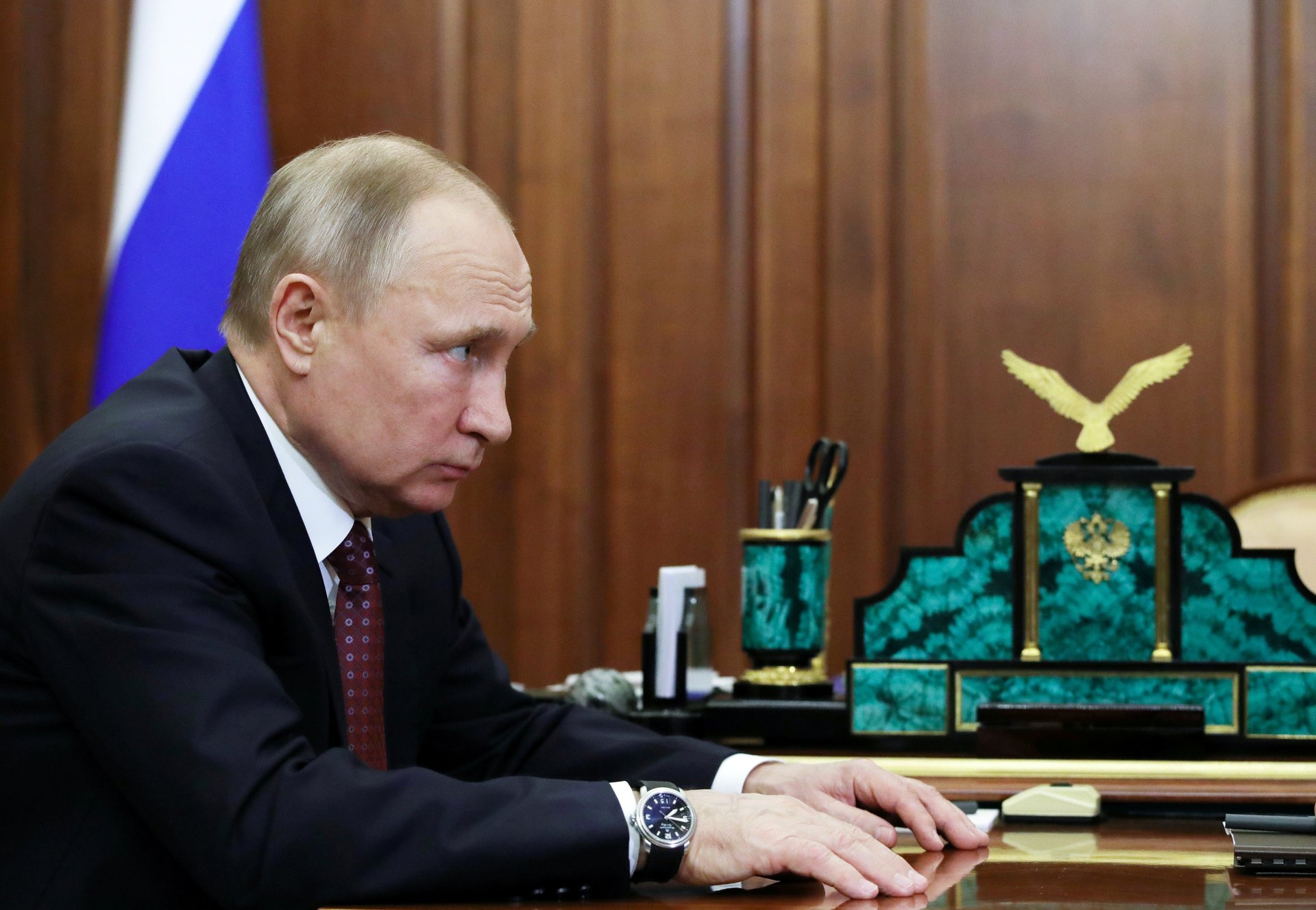Russia has reported few coronavirus cases but a sharp spike in pneumonia
Despite its large population and hefty border with China, Russia has reported just 306 confirmed coronavirus cases. Pneumonia, however, is booming, according to official statistics.


Despite its large population and hefty border with China, Russia has reported just 306 confirmed coronavirus cases. Pneumonia, however, is booming, according to official statistics.
As the US and EU accuse the Kremlin of sowing disinformation about Covid-19 at Americans and Europeans, some Russians are looking back at Chernobyl and accusing their government of again lying to its own people about a public health crisis.
In January, the government reported that pneumonia cases in Moscow had spiked by 37% compared to the previous year, and by 3% across the country. Moscow’s health department has since undercut those numbers, announcing that pneumonia cases had actually fallen by 8% in January and 7% in February, according to Reuters.
“[It seems] the strange spike in pneumonia cases is really just Covid by another name,” said Mark Galeotti, a senior associate fellow at the Royal United Services Institute, a think tank in London. “Let’s face it, the Russians have a long habit of understating crises. In part one can say it’s to avoid panic, but in part it’s also because basically this is a regime that does not consider its people to be citizens but subjects and it doesn’t want to trouble their pretty little heads.”
Testing has proven spotty. As of March 18, only one lab, located near the Siberian city of Novosibirsk, has been able to carry out tests—and had found only 114 positive results from 116,000 tests, according to the Moscow Times. That is the lowest ratio of tests to positive cases in the world, the paper reports. A deputy in the health committee of the Duma, Russia’s parliament, acknowledged the “figures are likely a lot higher.”
Earlier this week, president Vladimir Putin declared the situation “generally under control,” but noted there was still a “high level of risk.” To fight the virus, the government first closed most of its 2,600-mile Chinese border and then on March 18 shut its borders to foreigners entirely. In Moscow, facial recognition cameras have reportedly caught (link in Russian) more than 200 people breaking quarantine orders. Schools, museums, and theaters have been shut, and gatherings in many cities limited to 50 people.
Implementing a broader lockdown could hinder Putin’s plans to extend his 20-year presidency. The country is set to vote in late April on whether to approve constitutional amendments that would let him to stay in office until 2036.